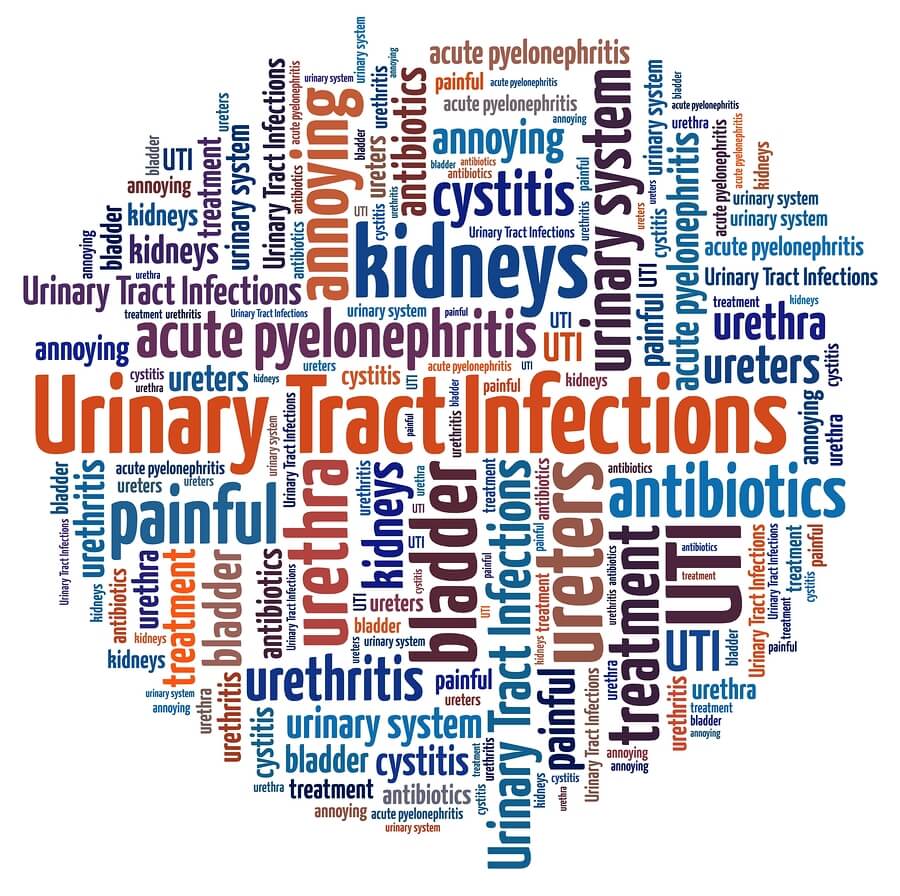Urinary tract infections are some of the most common infections experienced by people of all ages, but maybe a particular risk for older adults.
As a family caregiver, it is important to identify the particular risk factors that your senior has so you can take steps to reduce these risks and protect your parent from such an infection, and potentially serious consequences that can result.
Some of the factors that may increase the risk for your senior to develop a urinary tract infection include:
- Being a woman
- Being older, as the risk for suffering a UTI increases with age
- Diminished mobility such as after experiencing surgery or a procedure that requires extended bed rest
- Urinary incontinence
- Use of a catheter
- Kidney stones
- Enlargement of the prostate
- Poor hygiene
- Dehydration
If you are concerned that your aging parent is at increased risk for developing a UTI and want to help them to reduce this risk, starting home care can be a good idea.
A home care provider can be with your parent to help them manage their risk factors effectively and to detect if they may be struggling with a UTI. This can include encouraging them to stay well-hydrated, helping them eat a good diet, and providing support while bathing and managing incontinence. Talk to their doctor about other ways you can help protect your parent from a UTI so you are prepared to take these steps, but also to care for your senior should such an infection arise.
Being a family caregiver for an elderly adult can be one of the most meaningful decisions you ever make in your life. It can also be challenging, and even overwhelming. You may find that your senior’s needs are more extensive than you thought they would be, or that your schedule and personal limitations are more influential than you expected. Fortunately, this doesn’t mean you won’t be able to give your parent the care they need, or that they will be without this care. Starting home care for them can be a fantastic way to ensure your senior gets access to the care, support, and assistance they need on a daily basis, while also enabling you to participate in their care as much as you can. This eases your stress and promotes better health and well-being for both of you and your aging parent.











